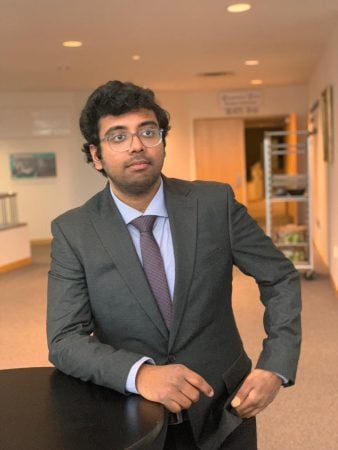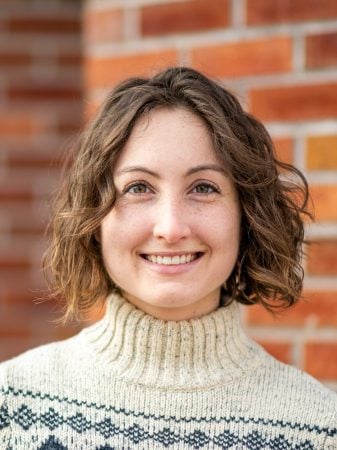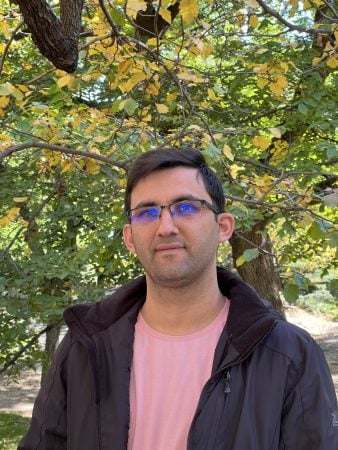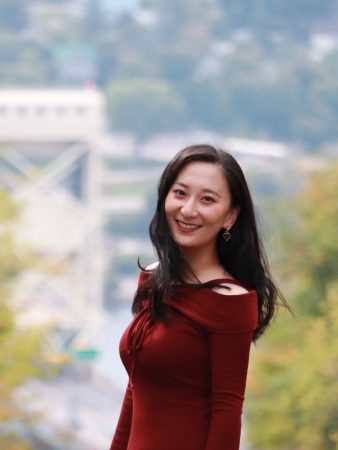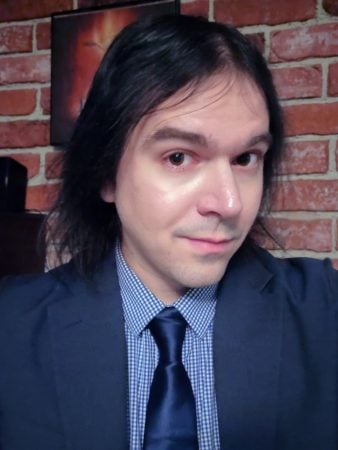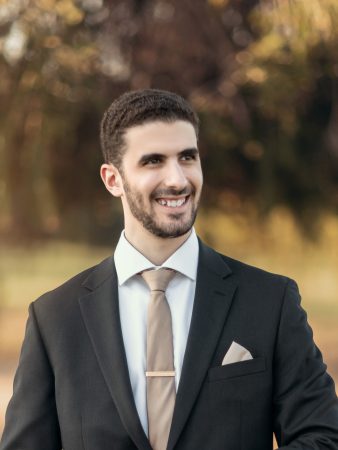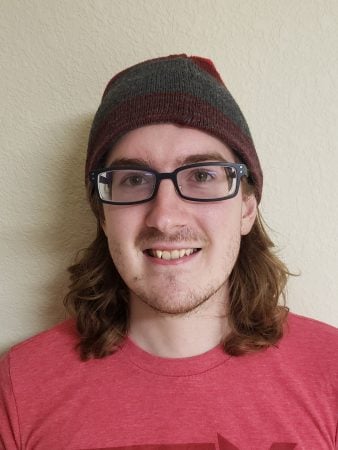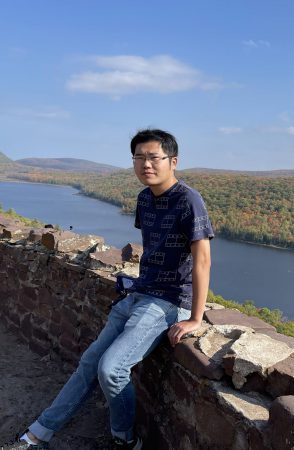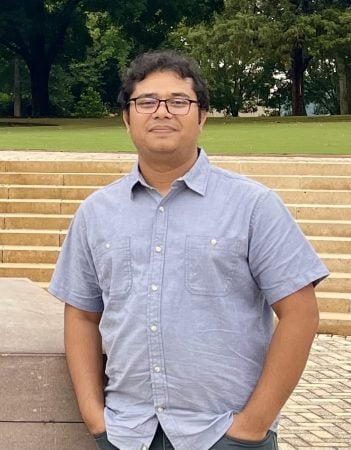I am deeply grateful and honored to receive the Finishing Fellowship Award from the graduate school and the graduate dean’s advisory panel.
My journey at Michigan Tech began in 2018 when I commenced my graduate studies. Working alongside Dr. Susanta Ghosh, I completed my Master’s thesis in 2021. The research I conducted during this time inspired me to pursue a Ph.D. I’ve since dedicated myself to exploring phase field modeling and its applications in computational fracture mechanics, as well as employing Machine Learning to solve these intricate mathematical models.
My research aims to harness machine learning techniques to streamline computationally intensive simulations across various fields such as mechanics, phase separation, and weather prediction. These models hold tremendous potential for accelerating simulations of complex material failures and other physical systems described by partial differential equations.
I express my heartfelt gratitude to the graduate school for recognizing me with the Finishing Fellowship Award. This acknowledgment serves as a driving force as I enter the final phase of my Ph.D. journey, reflecting the university’s confidence and support in my work. I extend my sincere thanks to Dr. Ghosh for the invaluable opportunity to be part of his research group. His trust and encouragement have been instrumental throughout my Master’s and Ph.D. endeavors. I’d also like to acknowledge the unwavering support of the faculty and staff of the MEEM department during my academic journey.
Once I complete my PhD I will be joining Idaho National Laboratory as a post-doctoral researcher. I am eagerly looking forward to completing my doctoral research and continuing to advance in my academic career.
